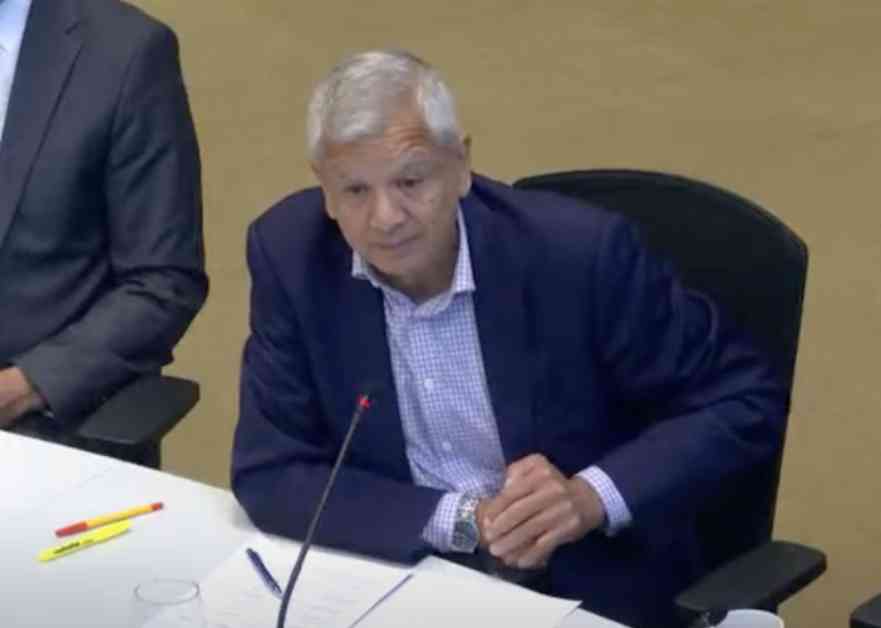Sadiq Khan, the Mayor of London, has raised concerns about the safety of the Notting Hill Carnival, warning of the potential for a “major catastrophe” similar to the Hillsborough stadium disaster. The annual two-day event, held over the August bank holiday weekend, is known as the largest street party in Europe, attracting an estimated one million visitors to the residential streets of W11.
Metropolitan Police Assistant Commissioner Matt Twist recently expressed his worries about the carnival, specifically focusing on issues such as crowd density and the possibility of a mass casualty event. Khan’s support of these concerns has sparked discussions about the need for a reevaluation of the carnival’s organization to ensure the safety of attendees.
During a recent meeting with the London Assembly, Khan emphasized the importance of addressing the challenges posed by the carnival’s popularity. He highlighted the limited space available for the event and the growing number of attendees, stressing the need for the organizers to listen to the concerns raised by authorities and stakeholders.
Labour Assembly Member Unmesh Desai, who attended this year’s carnival, commended the police for their handling of the event but criticized the overall management, citing issues such as inadequate toilet facilities and insufficient stewarding. Desai emphasized the need for changes to the current setup, echoing previous recommendations made by the Assembly in 2017 regarding the organization and location of the carnival.
Tory Assembly Member Keith Prince suggested exploring alternative locations for the carnival, such as Hyde Park, to alleviate the overcrowding and safety concerns associated with the current venue. While Khan acknowledged the potential benefits of relocating the event, he highlighted the carnival’s historical ties to the Notting Hill area and the need to balance tradition with safety considerations.
Despite facing criticism over the handling of the carnival, Khan pointed out some positive developments in the city’s policing efforts, including reductions in homicide rates and knife-related injuries among young people. He also addressed the challenges faced by the police force due to budget cuts and emphasized the importance of implementing the “New Met for London” plan to address the issues highlighted in a recent Inspector of Constabulary report.
The “New Met for London” plan includes initiatives to enhance neighborhood policing, improve the use of data and technology, and address cultural issues within the police force, such as racism and misogyny. Khan expressed confidence in the plan’s ability to drive positive changes in the policing of the city and improve public trust and confidence in the Metropolitan Police.
As discussions continue about the future of the Notting Hill Carnival, organizers have acknowledged the need for additional resources to enhance safety measures and address concerns raised by authorities. Collaborative efforts with partner agencies are underway to secure more stewarding for future events and ensure the continued success of the carnival while prioritizing the safety and well-being of attendees.
In conclusion, the ongoing dialogue surrounding the Notting Hill Carnival underscores the importance of balancing tradition with safety considerations and adapting to the evolving needs of such large-scale events. With the support of stakeholders, authorities, and the community, efforts to enhance the organization and management of the carnival can ensure a safe and enjoyable experience for all participants.





















